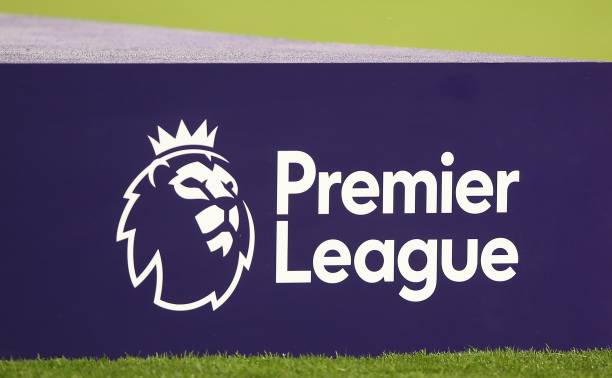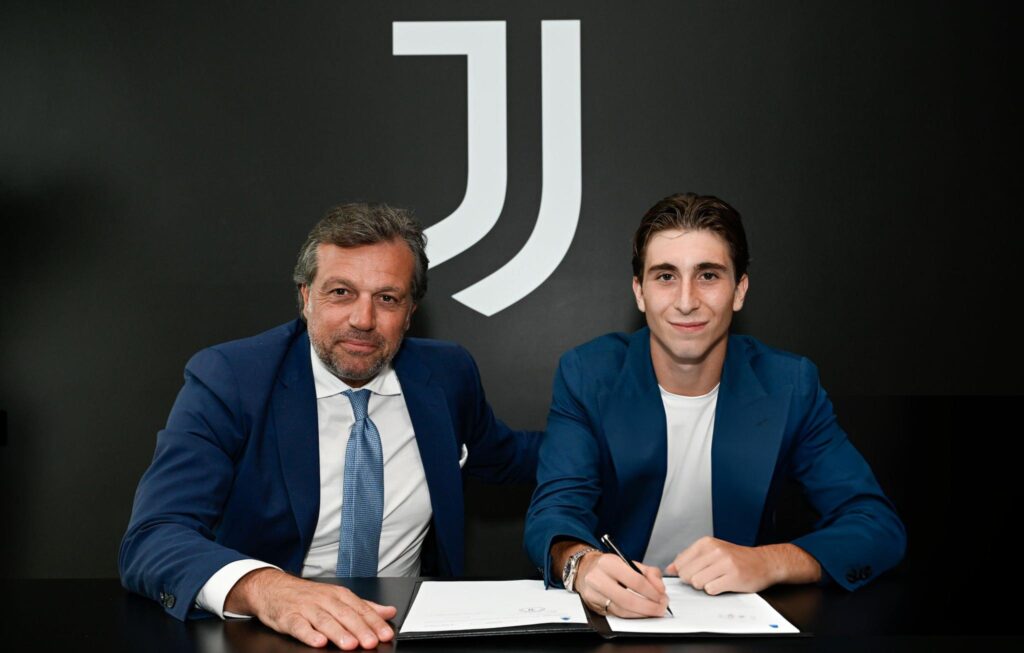Premier League Joins Legal Battle Against FIFA After Jurgen Klopp’s Comments on Calendar Overcrowding

Introduction to the Legal Dispute
The Premier League and other major European leagues have initiated legal action against FIFA over the congested international match calendar. This lawsuit accuses FIFA of violating EU competition laws, alleging that the governing body’s decisions prioritize its competitions at the expense of player welfare and the integrity of national leagues.
The Core of the Complaint
The Premier League, in collaboration with the collective entity ‘European Leagues’—representing 31 members including the EFL and Scottish Premiership—claims that legal action is the only viable solution. The complaint’s core focuses on FIFA’s alleged “abuse of dominance,” with FIFPRO, the federation representing professional players, also joining the lawsuit.
FIFA’s Calendar Changes and Their Implications
From 2025, the Club World Cup will expand from seven to 32 teams, incorporating group stages before the knockout rounds. This follows an already packed schedule in UEFA competitions, set to increase with additional group stage matches and a potential extra knockout play-off round. These changes have raised significant concerns about player burnout and the overall value of competitions.
Jurgen Klopp’s Critique
Jurgen Klopp, then managing Liverpool, voiced his frustration with the relentless scheduling, accusing FIFA and UEFA of creating new tournaments without regard for player welfare. Klopp remarked, “While we are talking, probably UEFA and FIFA invent a new tournament and puts it in somewhere and suddenly getting a winter break in January is the least of our problems.”
European Leagues and FIFPRO’s Stand
European Leagues and FIFPRO’s legal complaint to the European Commission highlights the unsustainable nature of the current match calendar. They argue that FIFA’s decisions have consistently favored its commercial interests, neglected its governing responsibilities, and compromised both the economic interests of national leagues and player health.
FIFA’s Response
FIFA has responded strongly, accusing “some leagues” of acting out of “commercial self-interest, hypocrisy, and without consideration to everyone else in the world.” The governing body claims its council, comprising representatives from all continents, including Europe, consults with European Leagues and FIFPRO before making calendar changes. FIFA argues that its calendar is crucial for the survival and prosperity of international football alongside domestic and continental competitions.
Potential Consequences for FIFA
The outcome of this legal battle remains uncertain. If FIFA is found guilty of violating EU competition law, it could face sanctions, although the specifics of these potential penalties are currently unclear.
Conclusion
The ongoing legal dispute between the Premier League, other European leagues, and FIFA underscores the growing tension over football’s international calendar. As the sport continues to expand globally, balancing the interests of governing bodies, leagues, players, and fans remains a complex and contentious challenge.
